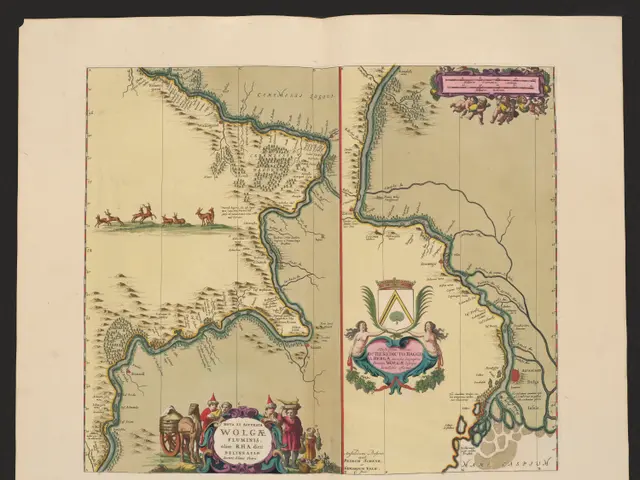Editorial Correspondence: Secretary's alleged manipulation of historic climate data poses a threat
The U.S. Energy Secretary, Chris Wright, has announced plans to review and potentially alter the nation's next climate science report, a decision that has sparked controversy and concerns about political bias.
Wright's decision comes after the removal of over 400 experts working on the next National Climate Assessment and the deletion of the U.S. Global Change Research Program's website. Critics view these actions as attempts to undermine the credibility of previous assessments, which are mandated by Congress and subject to rigorous peer review.
Wright has accused past climate assessments of being "politically biased," a claim that has been met with scepticism. Hundreds of scientists have studied the issue of climate change, and most published articles note that change is occurring. Evidence of climate change includes shrinking glaciers worldwide, shrinking polar and Greenland ice sheets, the melting of the Russian tundra, bleaching coral reefs, longer, hotter summers, disruption of rain patterns, and the opening of the Northwest Passage.
Wright has also claimed that government climate reports have not been accepted by "a credible economist or scientist." Lanore Pearlman, a reader, questions whether Wright has observed recent weather events such as tornadoes, floods, wildfires, heat waves, and approaching hurricanes.
The involvement of specific scientists like John Christy, Judith Curry, Steven Koonin, Ross McKitrick, and Roy Spencer in the Department of Energy's Climate Working Group has raised eyebrows. While these scientists are highly credentialed, their perspectives are seen as less aligned with the prevailing consensus on climate change, which has led to accusations that the report may misrepresent decades of climate science. The Department of Energy has defended the report, stating that it aims to provide a diverse viewpoint and is open to peer review and scientific rebuttals.
As the review process unfolds, it remains to be seen how the next climate science report will be shaped and what impact it will have on the ongoing debate about climate change.
Read also:
- Amidst India's escalating climate crisis, transgender individuals continue to persevere
- Germany's three-month tenure under Merz's administration feels significantly extended
- Governing body allegedly persists in enjoying vacation time amidst Spain's highest danger level due to fires, claims Feijóo
- United Nations Human Rights Evaluation, Session 45: United Kingdom's Statement Regarding Mauritius' Human Rights Record








